By Darrell Hamilton
Music is one of the most powerful gifts the world has to offer. Music can inspire. Music has the power to build and tear down. Music has the power to communicate across barriers of language and cultures. Studies observe that music can reduce depression, anxiety, and improve our overall ability to function in our everyday lives. Music is powerful, and I often turn to music when I am searching for inspiration and spiritual healing.
Dr. Juanita Bynum made waves with her comments last month that Christians cannot be saved and listen to secular music. Her clear hypocrisy notwithstanding, I fervently disagree with Dr. Bynum as I have had many spirit-filled moments from listening to not only gospel and spirituals, but also secular music.
Jazz and R&B are a few of my favorite genres of music and will always have a place in my music library. I have played the old school tunes of Michael Jackson, Stevie Wonder, and Earth, Wind, and Fire on repeat these last few weeks and I have recently become infatuated with Elvis’ music.
Likewise, music by hip hop artists such as Jay-Z, Kanye West, Nipsey Hustle, and Kendrick Lamar are some of my favorite artists who inspire, motivate, and enlighten my everyday life. Recently, Kendrick Lamar’s album, Mr. Morale & the Big Steppers, has served as my personal 18-track therapy session by addressing the themes of grief, love, ambition, and generational trauma at the heart of many Black men’s struggles.
I consider hip hop to be one of the most powerful tools of theological expression that exists and serves as one of the most accurate expressions of the gospel in our contemporary contexts. Hip hop does not just have its origins in the boogie down Bronx, New York City. Rather, like the genres of the spirituals, blues, and gospel, hip hop is a product of the African diaspora. Moreover, hip hop originates from the same tradition of the psalms and protest hymns of enslaved and disenfranchised people and amplifies a message of hope from experiences of marginalization and struggle.
According to Michael Eric Dyson, hip hop is an art that “sheds light on contemporary politics, history, and race,” through the lyrics and rhythmic schemes of those living on the underside of American society. Therefore, hip hop is a voice that rises up from an obscure and overlooked place. It is a point of view that speaks from the experiences of obscure and overlooked people.
Hip hop, as Dyson describes, is “pavement poetry.” Yet, hip hop is not only poetry, but also protest. Not only protest, but also prophetic. Prophetic in its proclamation of truth to power. Political in its analysis of the structures and systems of exploitation and abuse. Artful in the imagery it evokes in the imagination of its hearers. Conscience of the social realities plaguing its community. And subversive in how it communicates deep and hard truths through seemingly uncouth and inappropriate means.
Many might take issue with this ideal, but I would argue that hip hop is one of the most powerful tools for salvation and liberation. Hip hop empowers people from all walks of life to proclaim in word and deed their Holy Ghost inspired truths. Hip hop inspires hope when it lifts the voices of the voiceless. Additionally, hip hop teaches the importance of listening to the melodies rising up from the marginalized, and the call for liberation between the lyrics of their testimonies.
Marginalized communities are always speaking and revealing truths about us and our society—but are we listening? Sure, we may love to dance and clap along to hip hop beats, but are we listening? Yes, we may patronize hip hop with billions of dollars annually, but are we listening? Sure, hip hop has become synonymous with violence, materialism, sexism, misogyny, hedonism, and homophobia, but are we being critical of the words these artists say without analysis for the reason why the words are being said?
Jesus, a Black man from the ghetto of Galilee, centered his gospel on the significance of listening. Jesus would preach using metaphor, alliteration, humor, hyperbole, and bluster to test his disciple’s ability to listen. As the founding member of the infamous gang N.W.A (Nazarenes with Attitude), Jesus preached an abrasive, subversive, poetic and rhythmic message that the word of God became incarnate in a Black man, that the kingdom of Heaven has come near in the body of a Black man from the ghetto, and on this body the spirit of God descended from Heaven saying, “this is my son in whom I’m well pleased.”
Therefore, through Jesus, we place our faith in a God who has come to not only flip over tables, but also flip over our sensibilities. We place our faith in a God who has chosen what many consider a foolish thing—to bring shame to those who consider themselves wise and spirit filled.
We place our faith in a God who declares that the kingdom of Heaven doesn’t come down from a throne of power, but raises up from the bottom, from the grassroots, and from the collective power of the people. We place our faith in a God who makes themselves at home among the Black bodies from the Bronx to Benin, Atlanta to Angola, the Southside of Chicago to South Africa, from Crenshaw to Kenya so that they know without a shadow of doubt that they are loved by God and a part of the gospel story.
We place our faith in a God who is not turned off by hip hop, but knows hip hop continues to keep the gospel fresh and alive to us today.
The gospel is hip hop, and hip hop is the gospel because every time I hear the gospel, it sounds like music to my ears.
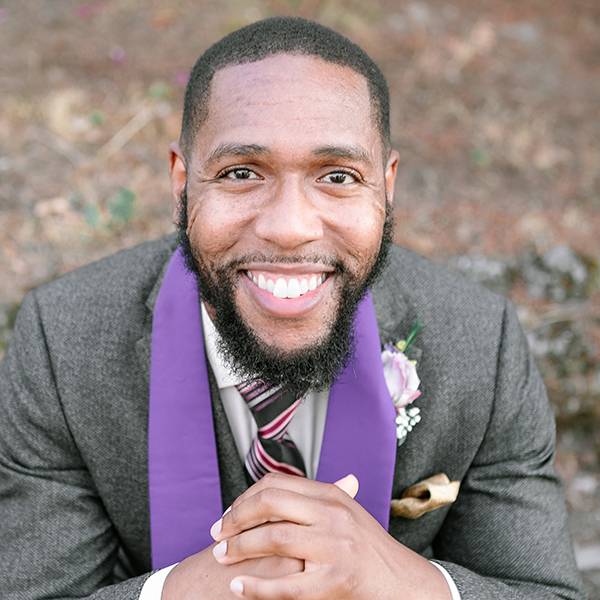
Darrell R. Hamilton, II is an ordained Baptist minister residing in Boston, Massachusetts and is impassioned by the way politics and faith merge together in the Christian theological traditions of justice and liberation. Currently, Darrell serves as the Protestant Chaplain at Babson College in Wellesley, Massachusetts. Darrell previously served as the Pastor for Formation and Outreach at First Baptist Church in Jamaica Plain, MA, and an Executive Minister at Middle Collegiate Church in New York City. Darrell is a graduate of Wake Forest School of Divinity where he attained his Masters of Divinity degree May 2017.

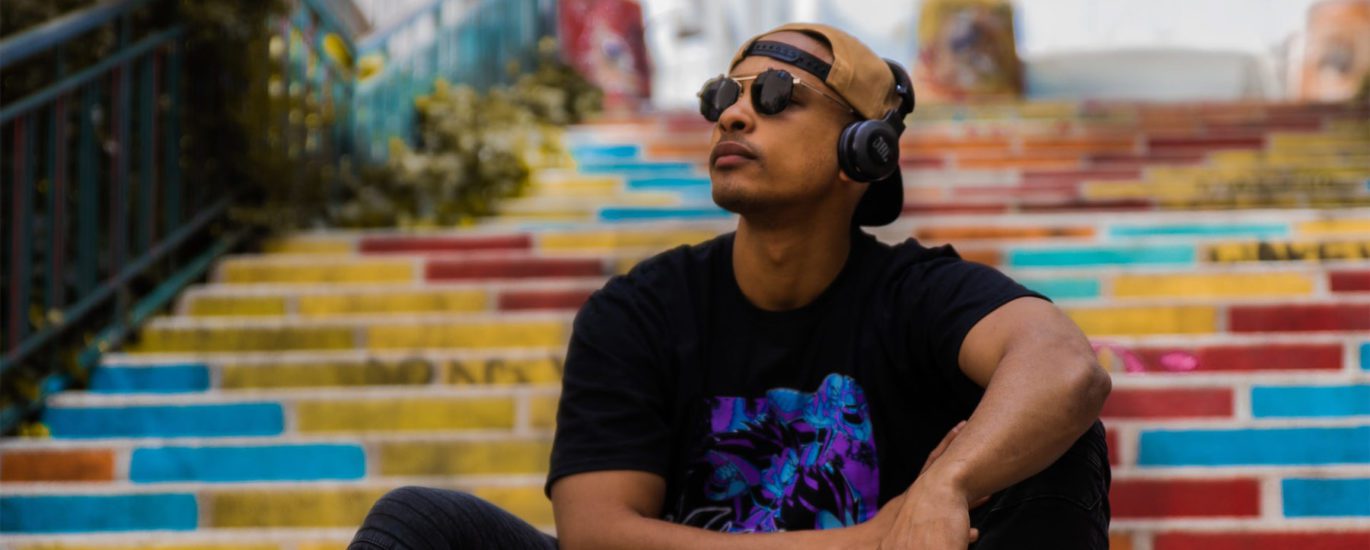
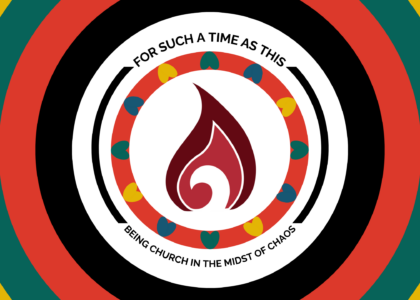
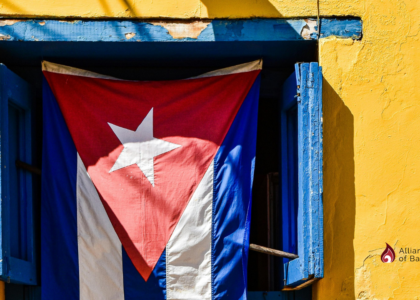
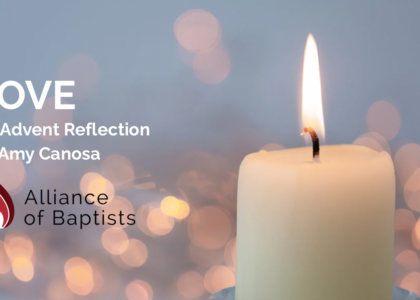
Recent Comments